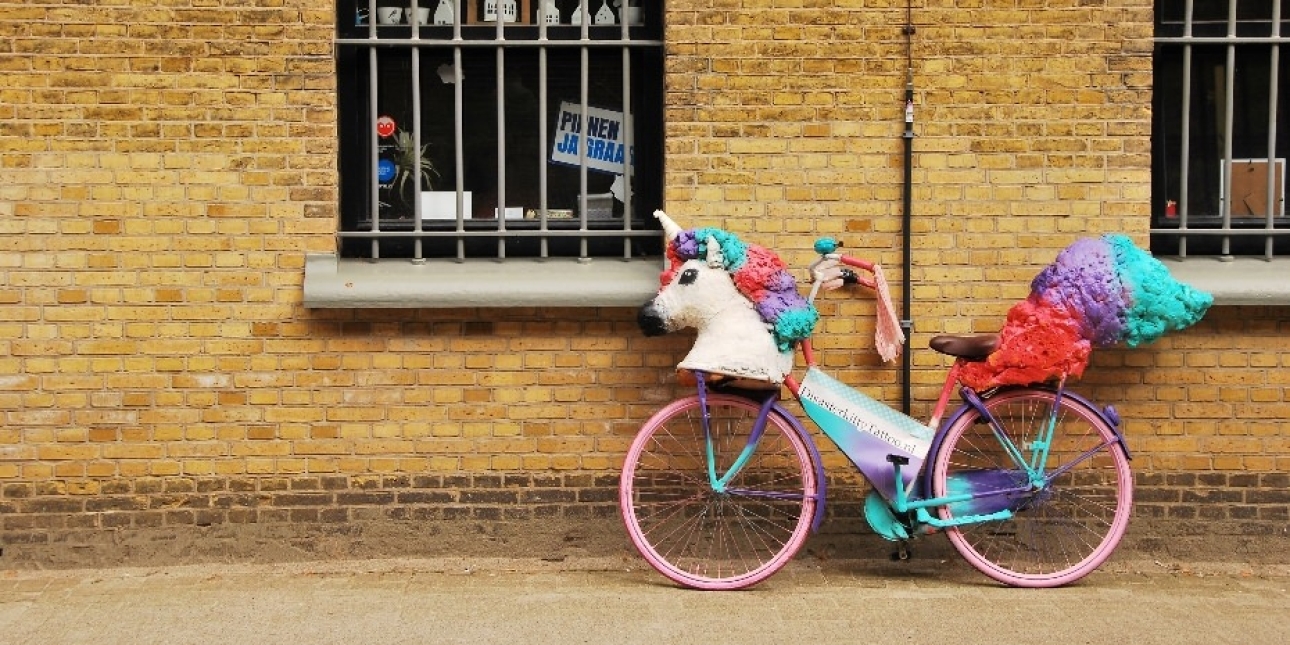PUBLIC RELATIONS
Wednesday 3rd April 2019
Busting the Myth that 'all PR is Good PR'
Business is ultimately a popularity contest.
Brands will invest heavily in their marketing, especially public relations, in order to be at the forefront of consumers’ thoughts. The increased attention gained through public relations will likely lead to more customers. However, in their reckless attempt to gain attention, brands can attract bad PR and cause lasting damage to their image and sales. So, it is time to bust the myth that “all PR is good PR”.
In today’s competitive world, brands will stop at nothing to get media recognition, but is all PR really good PR? There is only one answer to that question, and that answer is a firm and resounding ‘no’. The cost of risking your brand’s reputation – be that personal or at a company level – just isn’t worth the headlines if whatever you’ve done leads to a huge backlash, which is why it is imperative to ensure that you really think your PR activity through.
A bad PR campaign can ruin a brand’s image and reputation and put them years behind in what would’ve otherwise been progressive development and growth. PR campaigns can be damaging to the sales of a brand and seriously harm their bottom line.
In 2003, Urban Outfitters put a controversial board game called “Ghettopoly” on sale. It was launched as a parody of Monopoly, but it was heavily criticised for drawing on stereotypes, being degrading and also verging on racist; with language like “You got yo whole neighborhood addicted to crack. Collect $50." For this mindless product decision, Urban Outfitters had to fork out $400,000 for damages.
One of the main outcomes from a good PR campaign is, of course, the increased awareness of your brand; but let’s take a look at another time when PR didn’t go so well:
Scofflaw’s Donald Trump Fiasco
It is late 2018 and Donald Trump is planning a trip to the UK, which has left the nation up in arms. US Brewery Scofflaw sent out a press release that promised Donald Trump supporters a free beer if they headed to a BrewDog bar where they were stocked. Yes, that was actually sent out. If you were to read the first paragraph again, this campaign served its purpose and got Scofflaw to the forefront of possible beer drinkers’ minds. However, politics can be a tricky topic to successfully piggyback on, because as much as you may appeal to a large group of people, there is every chance you will annoy just as many (if not more). Scofflaw had previously partnered with craft beer giant BrewDog, who swiftly decided to shun Scofflaw and send all of their beer back to the USA, denying all knowledge of the planned release and campaign.
On this occasion, the bad PR picked up by Scofflaw was detrimental to their ambitions to be a popular world-renowned beer brand and gain traction in the UK. They lost a huge partnership with BrewDog that could have seen them accelerate to new heights, but with one distasteful press release they found themselves back at square one and without the help of boozy juggernaut BrewDog.
With the above case study in mind, a little bit of controversy isn’t always a bad thing. Paddy Power consistently push out controversial stunts and it is one of the things that makes their stunts so refreshing and well received by sports and non-sports fans alike. Let’s take a look at one.
Paddy Power – Rainforest Stunt
With less than a week to go until England’s first match in the 2014 Brazil World Cup, a number of “photographs” of the Amazon rainforest were shared on social media, but there was a twist - “C’mon England PP” was seemingly carved into the rainforest, with tree clearings making up the letters. These images were later shared by Paddy Power with the caption “Run, forest run!” There was no surprise that this was met by a torrid of abuse. The bookmaker later revealed that the picture was obviously forged and was contributing to their month-long campaign against deforestation. This campaign ticked all the boxes of being a great success; it almost crossed the line of being unethical, but it later proved to be a masterstroke by the Paddy Power team.
To summarise, not all PR is good PR; but it isn’t a bad thing to be controversial. It is all about finding your target audience and testing the boundaries without crossing them (some might say that’s a fine art). You want people to be talking about your brand and without an outlandish strategy it can be hard to get the attention you are after. Being controversial sometimes pays off, but being stupid does not.
Photo by Boudewijn Huysmans on Unsplash
